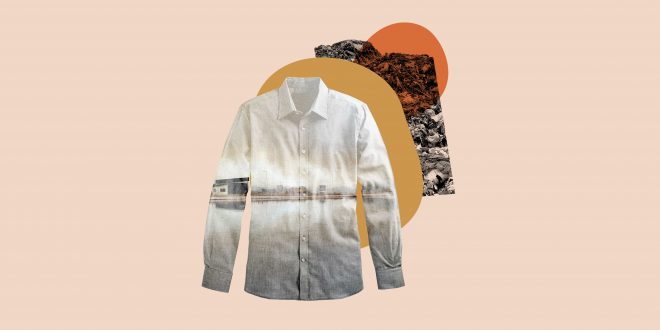Sustainable fashion is a growing movement that seeks to minimize the environmental and social impact of the fashion industry. This article explores the significance of sustainable fashion, its principles, and how consumers can make eco-conscious choices to redefine style in a more sustainable way.
- The Environmental Impact of Fast Fashion: Fast fashion’s rapid production and consumption cycles contribute to resource depletion, pollution, and textile waste. Sustainable fashion seeks to address these issues through ethical practices and responsible sourcing.
- Ethical Manufacturing and Fair Labor Practices: Sustainable fashion emphasizes fair labor practices, safe working conditions, and fair wages for garment workers, ensuring a positive impact on the lives of those involved in the supply chain.
- Eco-Friendly Fabrics and Materials: Sustainable fashion promotes the use of eco-friendly fabrics and materials, such as organic cotton, hemp, bamboo, and recycled fibers, reducing the reliance on non-renewable resources.
- Circular Fashion and Closed-Loop Systems: The circular fashion approach aims to create closed-loop systems where clothing is designed for durability, repairability, and recyclability, reducing waste and extending the lifespan of garments.
- Slow Fashion Movement: The slow fashion movement encourages consumers to be more mindful of their clothing purchases, focusing on quality, timeless designs, and conscious consumption over trendy and disposable fashion.
- Upcycling and Clothing Swaps: Upcycling transforms old or discarded clothing into new and unique pieces, while clothing swaps promote exchanging clothing items with others, reducing the need for new purchases.
- Local and Artisanal Fashion: Supporting local and artisanal fashion brands helps promote traditional craftsmanship and reduces the carbon footprint associated with long-distance transportation.
- Transparent Supply Chains: Sustainable fashion brands emphasize transparency in their supply chains, providing consumers with information about the sourcing, production, and environmental impact of their products.
- Fashion Rental and Second-Hand Markets: Fashion rental platforms and second-hand markets offer sustainable alternatives to owning clothing, allowing consumers to enjoy variety without contributing to overconsumption.
- Educating and Empowering Consumers: Educating consumers about sustainable fashion practices empowers them to make informed choices and become advocates for positive change in the fashion industry.
Sustainable fashion is more than just a trend; it is a fundamental shift towards responsible and mindful consumption in the fashion world. By supporting eco-conscious choices, consumers can redefine style while reducing the negative impact on the environment and society. Embracing sustainable fashion practices benefits not only the planet but also the people involved in the fashion supply chain. As the movement gains momentum, the future of fashion is undoubtedly rooted in sustainability and ethical principles, creating a more harmonious relationship between style and the planet.
 Blogmado Empower Your Wealth: Expert Insights for Success
Blogmado Empower Your Wealth: Expert Insights for Success



